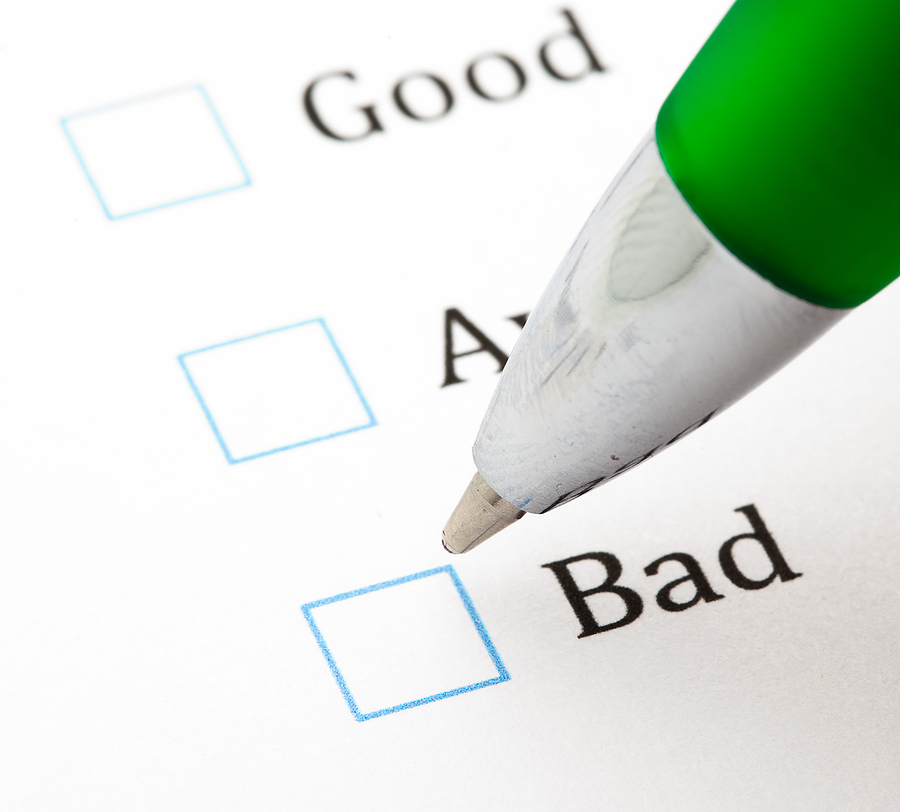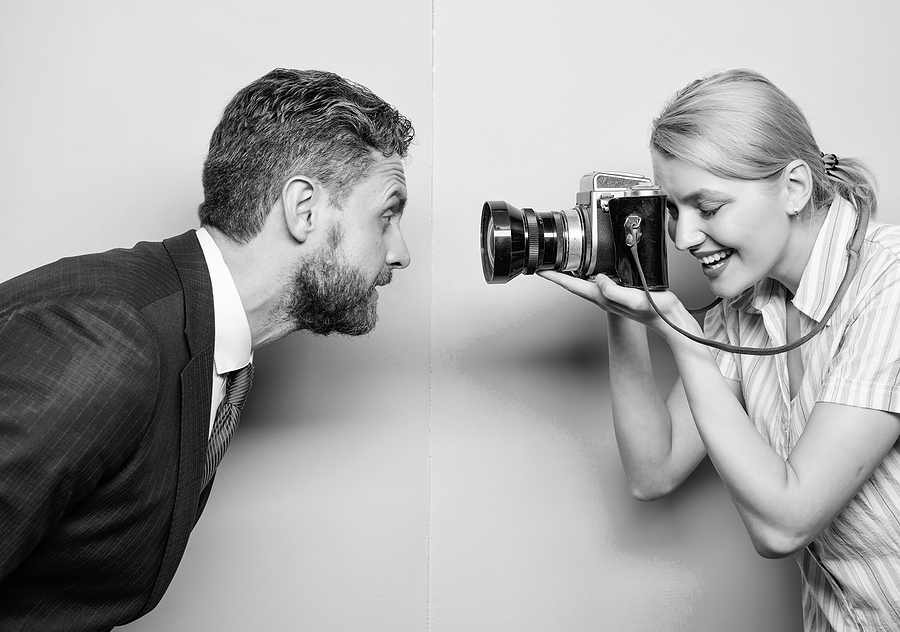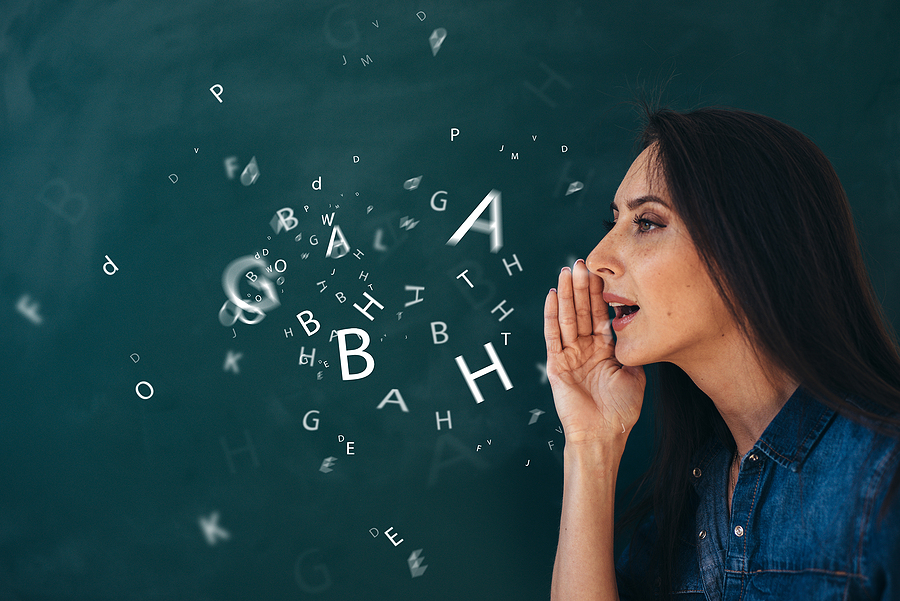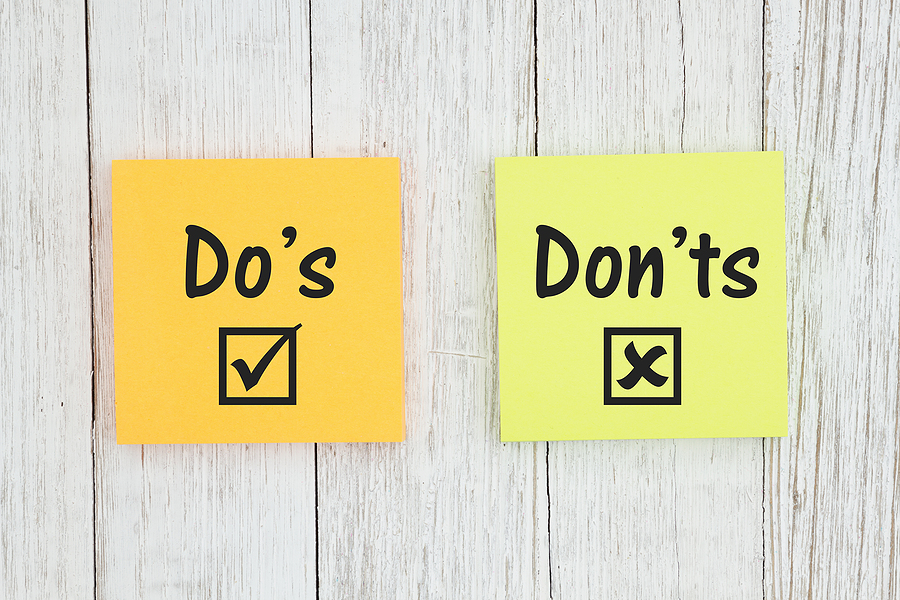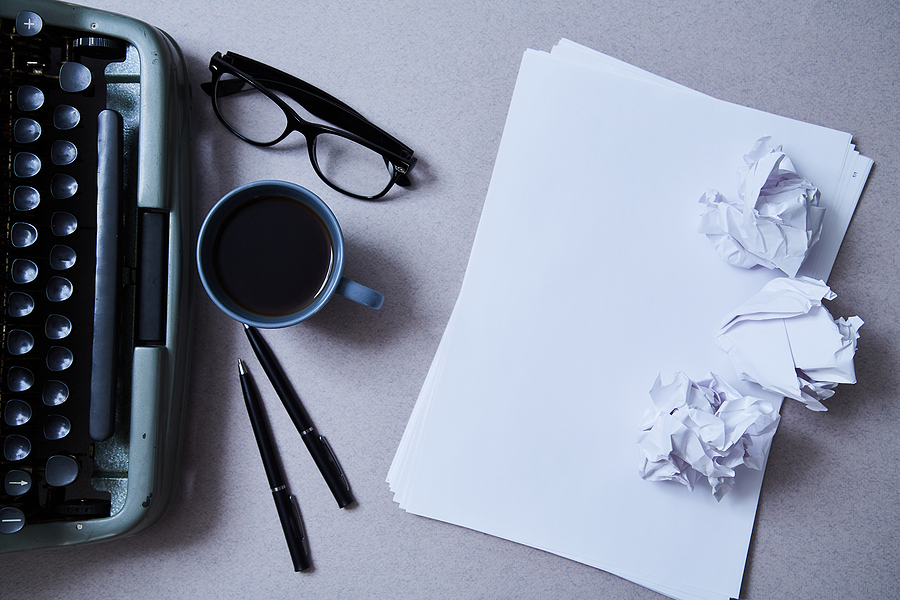One of the many things I fairly harp on when I teach at writers conferences (full disclosure: I’m a fair harper) is the need to eliminate clichés from your writing. Seriously, they’re old hat.
One of the places clichés seem to creep in most often is in similes and metaphors. (Quick refresher: a simile is a figure of speech comparing two things, usually using “like” or “as,” while a metaphor is a comparison that says one thing is another.)
So, “she laughed like a hyena” is a simile. While “his face was a stone wall” is a metaphor. Alas, both of those examples are cliché.
Using a cliché simile or metaphor in your writing says all the wrong things about you. It says you’re as unimaginative as a rock. It says you’re a sloth. See what I mean?
Every time you use a cliché, you miss a golden opportunity to help your reader see, to enliven your poetry or prose with energy, to make a scene vivid or a character distinct.
I was reminded of this recently when reading Leif Enger’s novel, Virgil Wander. The whole thing is wonderfully written, but I was delighted by one phrase in particular. (As a rule, a sentence that “sticks out” in a novel, even because it’s wonderful, is counter-productive in a story, because it draws attention to the words and not to the character or action being depicted. But sometimes—especially when someone as insightful and erudite as me is reading—it’s excusable.) In the scene, Enger describes a fifteen-year-old girl in these words:
Ellen was working things through. One week she’d show up plain as a hymnal, eyes cast down and her hair yanked back; the next she arrived in glitter and paint, short and bright as a puffin.
“Plain as a hymnal.” “Short and bright as a puffin.” So vivid. Perfect. And each is, I believe, the first time I’ve ever read or heard such comparisons.
Of course, we must all be careful not to distract the reader with an overwrought simile or metaphor. Or, worse, prompt a giggle with a ridiculous attempt—like one of my favorites: “The ballerina rose gracefully en pointe and extended one slender leg behind her, like a dog at a fire hydrant.” Or “He fell for her like his heart was a mob informant and she was the East River.” If you find yourself writing something like that, dial it back. Take a deep breath. Try again.
Sure, it can be hard, as most writing can. But it’s the hard that makes it great (nod to Jimmy Doogan in A League of Their Own). And sharp similes and metaphors, used judiciously, can make your writing sing like a bird. No, like an angel. Wait. No, like a soprano at the Met.
Give me a little more time. Or help me out in the comments.


